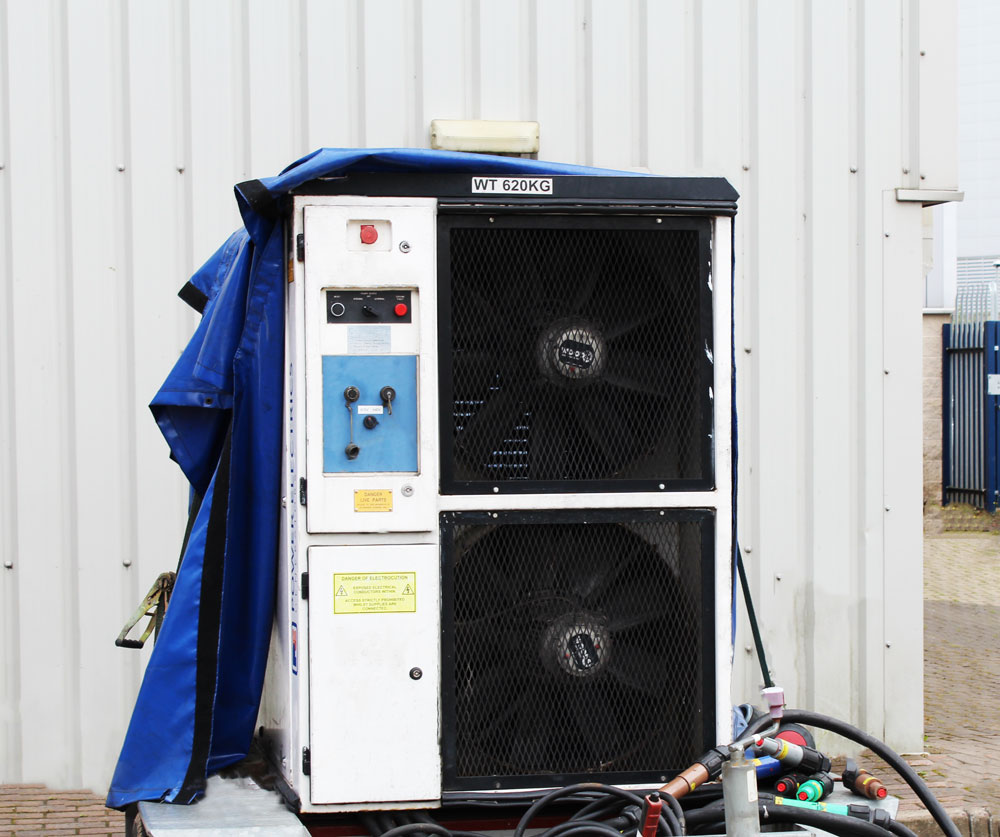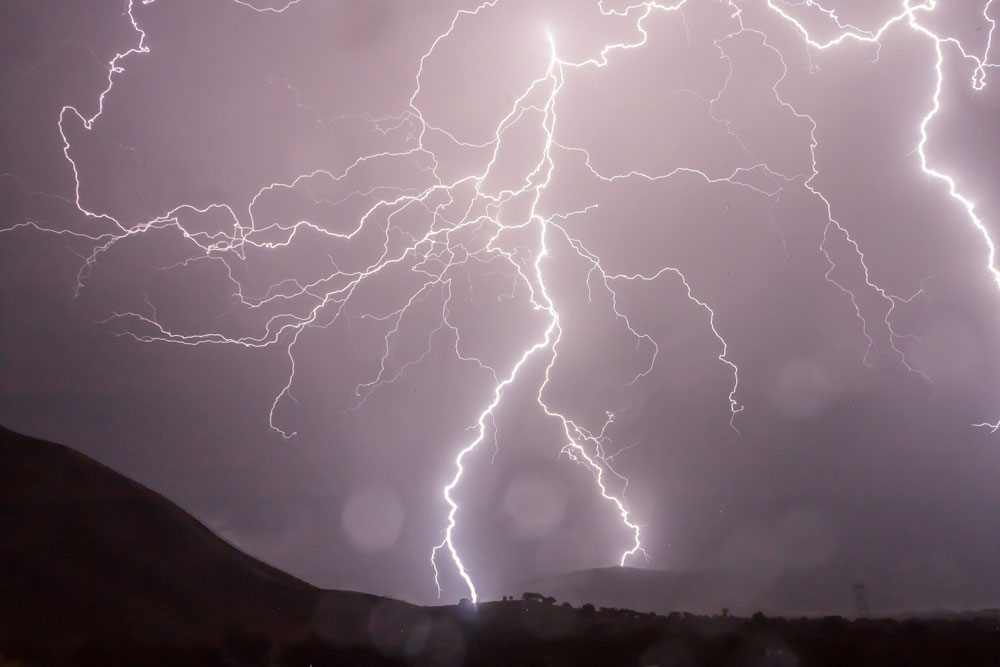From boiling hot sunshine to downpours of rain, it’s hard to predict the everchanging British weather. As we make our way into the colder seasons of autumn and winter, the likelihood of a power outage only increases. It’s therefore crucial that you prepare your facility for an outage before it happens. The aging power grid also means that power outages have become more common than they used to be.
What is a Power Cut?
Put simply, a power cut is a temporary withdrawal or failure of an electrical power supply. Often referred to as a blackout or power outage, when a facility or building loses its power for a period of time. Although it’s more rare than common, it’s important to always be prepared for the worst-case scenario.

Why Load Bank Testing is Important
Load bank testing is the process of using a mobile load bank to accurately mimic the operational load that a generator can achieve. The process is carried out to test your generator to its full capacity without disrupting the power supply to your facility. It is highly recommended to detect any problems that could prevent power from being supplied in the event of an emergency. To find out more about load bank testing, have a read of our blog here.
What You Need to Know About Black Start Testing
Black start testing is a contingency plan that requires restoring an electric power station or a part of the station to operate without needing to rely on an external electric power transmission network to recover from a complete or partial shutdown. This test is frequently carried out to check that the generator starts as intended and supplies power to the parts of the building that requires it, should the mains fail. To find out more about black start testing, have a read of our blog here.
What Causes Power Outages?
Power outages or cuts are typically caused by extreme weather such as powerful thunderstorms, blizzards or heavy showers. Lightning tends to be a main cause as it can strike power lines directly and consequently shut them down. They can also cause large trees to fall over electric lines, disrupting the power supply. There are two types of power outages – short and long-term.

Short-term and Long-term Power Outages
Short-term power outages usually happen when mild storms hit an area, or a power company experiences an error. These can last for as little as a couple of minutes or in some scenarios, a few hours. Severe weather is a frequent cause of a long-term power outage due to the large damage it can cause. It is in these scenarios that a generator becomes useful. However, when it comes to the installation and usage of a generator, it’s important you either contact or follow the instructions of a qualified electrician or generator specialist.
Our Tips and Tricks
Power outages don’t just affect homes and neighbourhoods, they can also affect your company buildings and facilities. Here are our tips and tricks for preparing for a power cut.
Have emergency procedure plans
Put plans in place with emergency procedures, should you need it. This should cover critical systems that must be kept running, a list of everyone who works in the building, critical equipment and property that will be high priority in the case of an emergency. And, finally, a checklist of all the actions needed to be taken during a power outage.
If you’ve decided a standby generator is needed, ensure you keep all documents of inspection e.g. any parts that were replaced or repaired, details of any equipment that couldn’t be tested and why.
Be sure to have regular testing and maintenance carried out on any backup generators and associated equipment.
Call 105 and check fuel supply
If your facility is caught in a power outage be sure to do the following; turn off computers and other electricals, call 105 (who will contact your local electricity network operator), if you are using a standby generator ensure you have extra fuel stored safely or use a fuel management service like ours.
If you have any further questions about the topics discussed in this blog or would like some assistance, contact our Service and Repair team.









